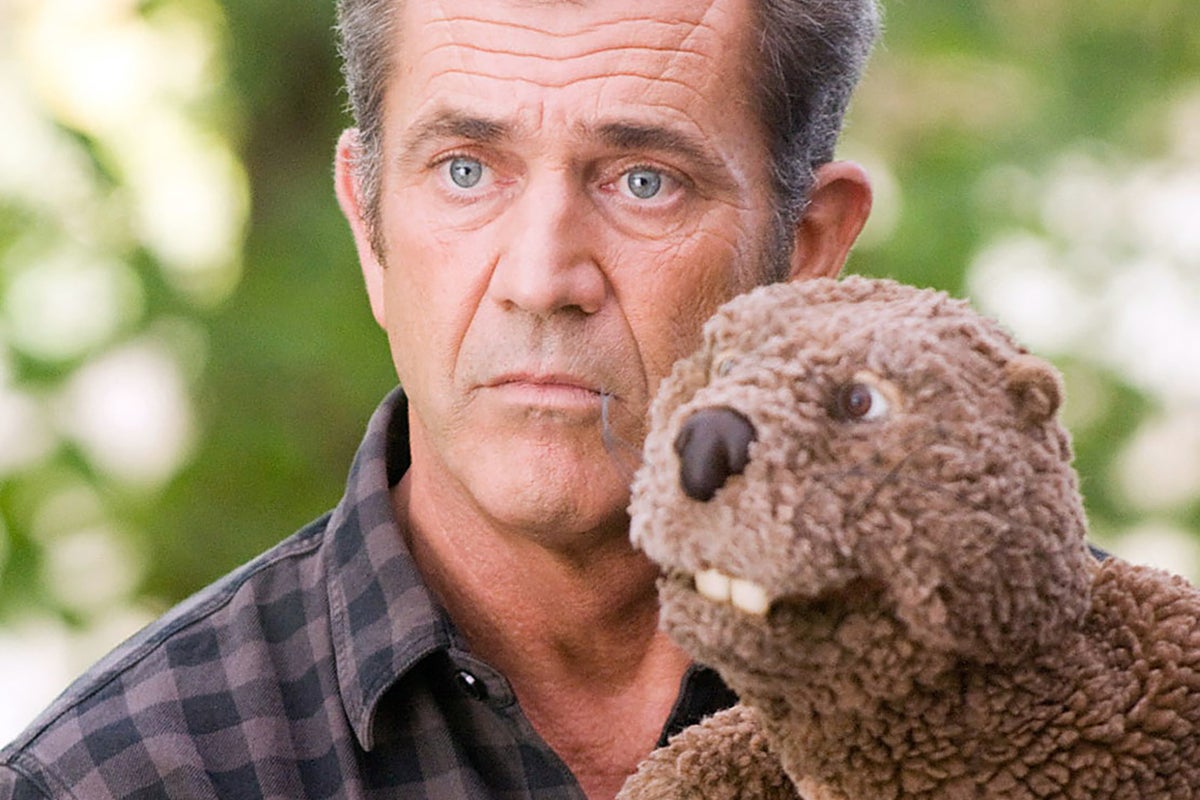
It’s something that numerous actors throughout cinema history have been powerless to resist: the desire to step onto the other side of the camera and direct. Studios are often quick to indulge a money-making star, while stars are just as quick to indulge themselves.
Of course, there are many actor-to-director success stories – from Clint Eastwood to Jordan Peele to Greta Gerwig – but there’s also a cynicism around actors who turn to directing, particularly when a film has that all-too-familiar air of a self-flattering vanity project.
And not all talented actors – even the greats – have been able to find that same creative spark behind the camera. Others, meanwhile, have proved very capable directors but have still churned out the odd stinker.
Here are 15 terrible movies directed by great actors.
Lost River (2014), directed by Ryan Gosling
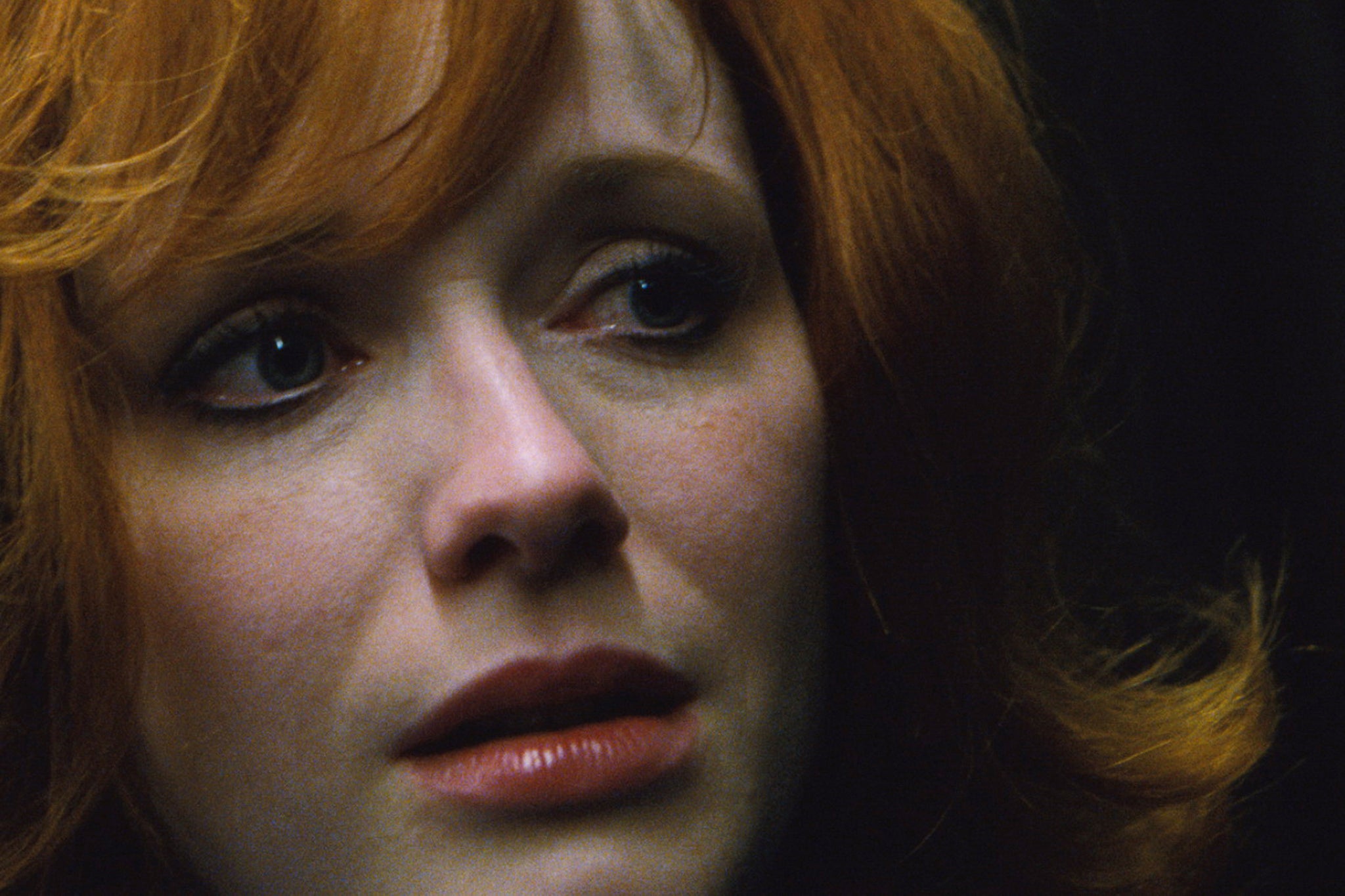
The usually beloved Ryan Gosling took a critical drubbing for writing, directing, and producing this nonsensical fantasy noir. It stars Christina Hendricks as a hard-up mother who works at a burlesque club which stages acts of gruesome violence. Gosling mimics the worst pretentious impulses of his Drive and Only God Forgives director Nicolas Winding Refn, while borrowing liberally from the likes of David Lynch and David Cronenberg. The film isn’t quite as bad as peeling your own face off – as Hendricks’s character does in the film – but Gosling’s directorial debut (and still his only directing credit) is pompous, derivative mush.
Harlem Nights (1989), directed by Eddie Murphy
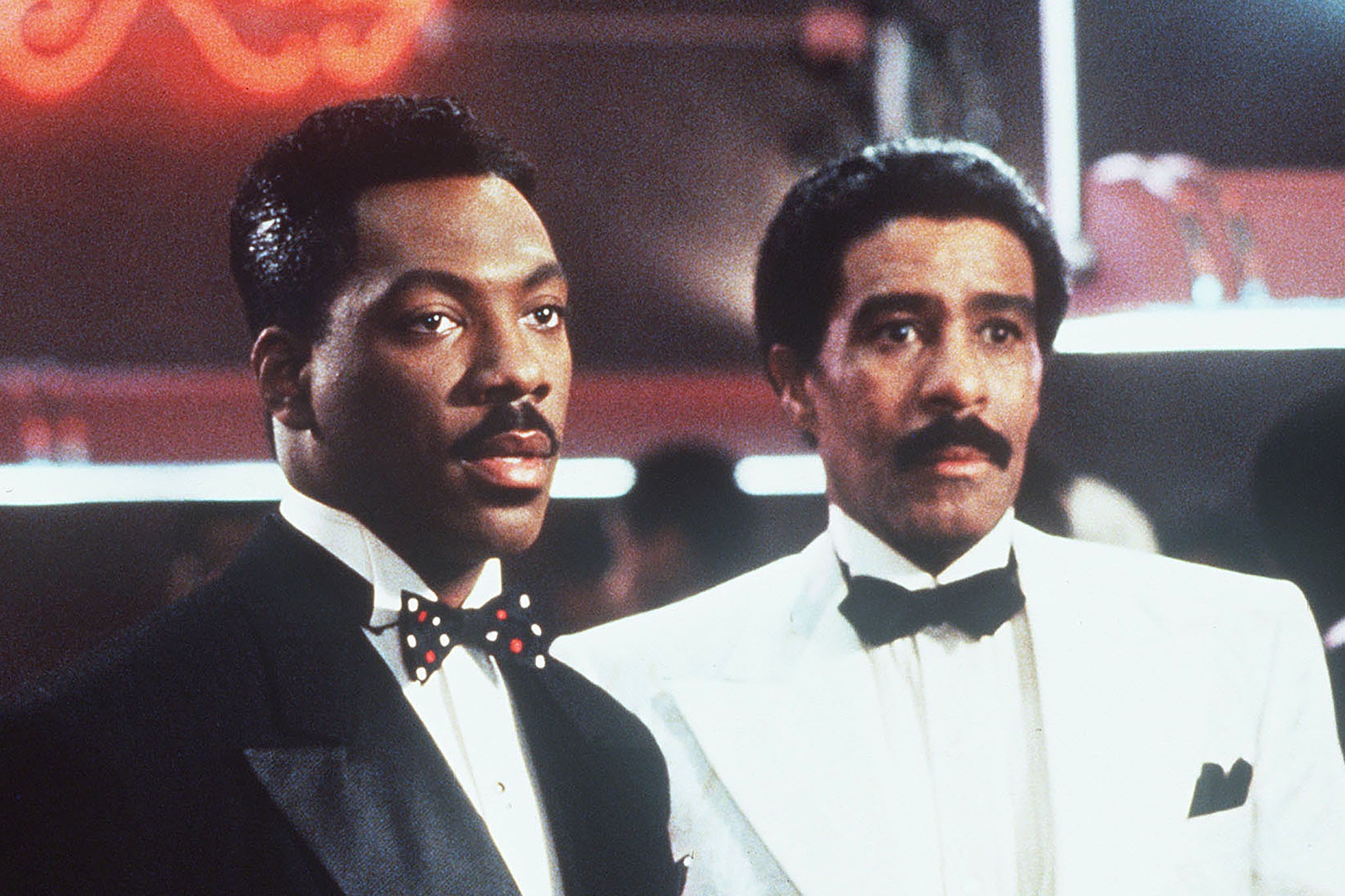
This gangster comedy came towards the end of Eddie Murphy’s run as the biggest name in American comedy – and it’s a film that marked a critical decline. Murphy stars alongside Richard Pryor, his stand-up hero, as a pair of nightclub and brothel owners in 1930s Harlem. They swindle a rival gangster and Murphy shoots the pinky toe off a mouthy prostitute. The humour never lands and there’s a stilted, artificial feel to it – a film that just doesn’t gel on any level. Murphy acknowledged that the film was viewed as an ego-trip and that he disliked the experience enough to never direct again.
The Brave (1997), directed by Johnny Depp
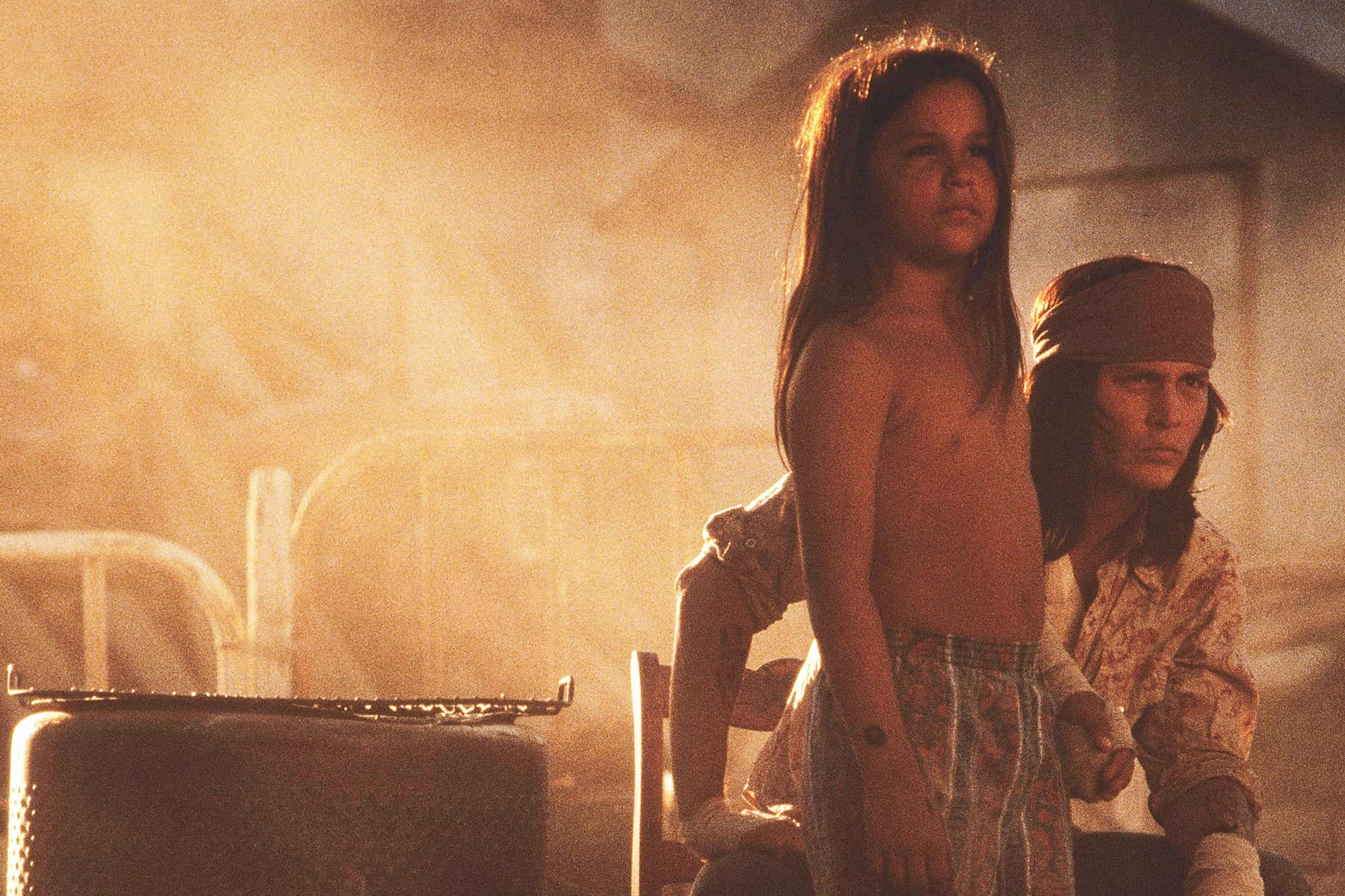
Years before Johnny Depp faced criticism for playing Tonto in The Lone Ranger, he played a Native American man who agrees to die in a snuff film for $50,000 – an act of ultimate sacrifice for his struggling family. Depp put a reported $2m into the film but was bludgeoned by critics when it screened at the Cannes Film Festival. Depp rewrote the script himself and insisted on full creative control. It feels like an obvious attempt at making a Jim Jarmusch film (Jarmusch directed Depp in Dead Man) while Marlon Brando waffles on unintelligibly. After his handling by American critics, Depp prevented the film from being released in the US.
Sonny (2002), directed by Nicolas Cage
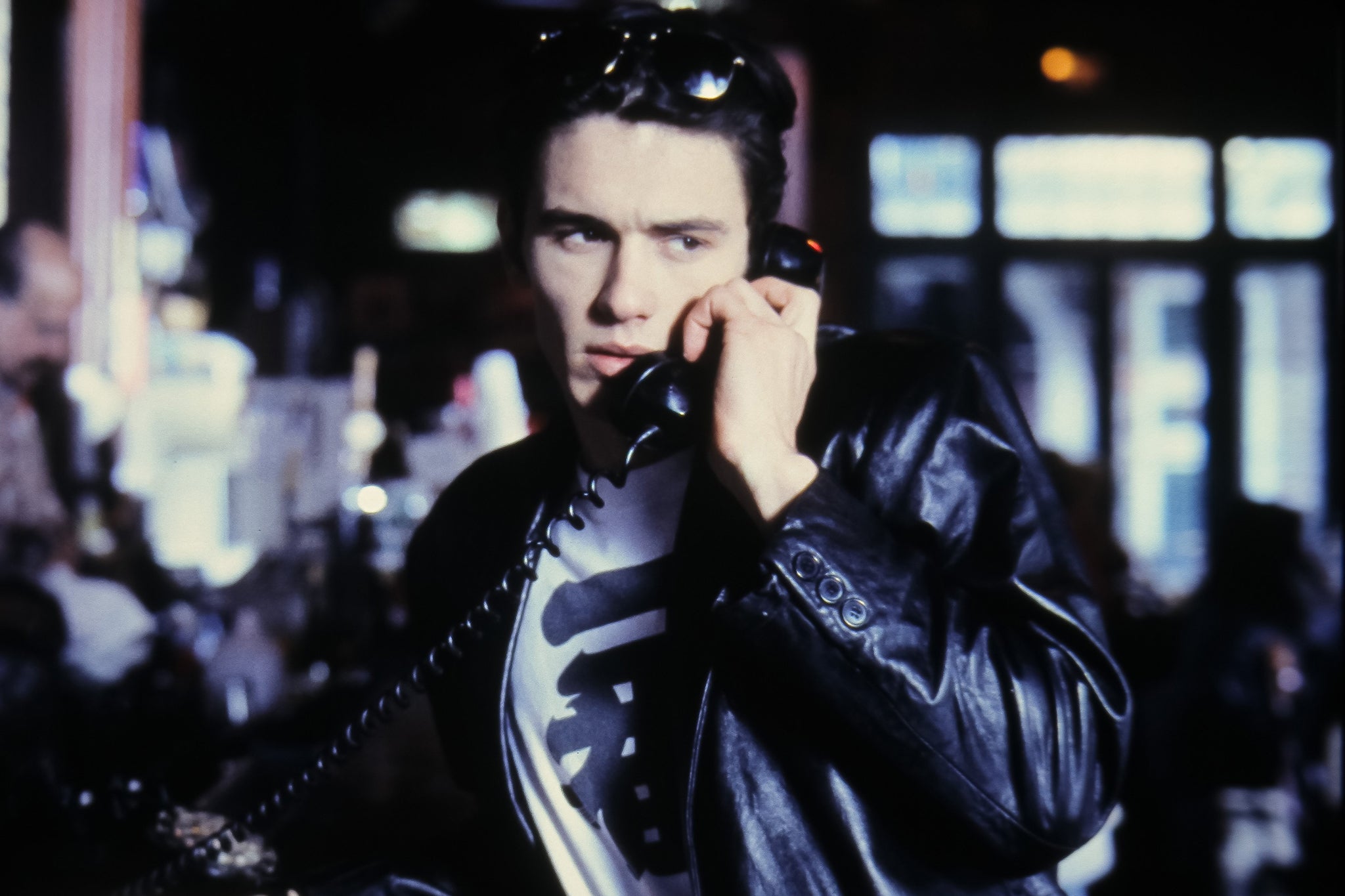
Nicolas Cage followed Depp somewhat with this male prostitute drama, going for a similar haunted, melancholy, indie-like vibe. Set in 1980s New Orleans, it stars James Franco as a gigolo who’s trying to leave behind the sleazy life of paid-for sex but keeps getting sucked back in. Brenda Blethyn – usually wonderful but totally miscast here – plays his brothel-keeper mother. It’s all a bit pointlessly ponderous; too pleased with itself. It came as Cage was switching from Oscar-winning eccentric and action man to purveyor of mostly ridiculous films (The Wicker Man wasn’t far away). Franco has directed a few stinkers himself, by the way, including The Pretenders and the Mad Max-esque Future World.
The Layover (2017), directed by William H Macy
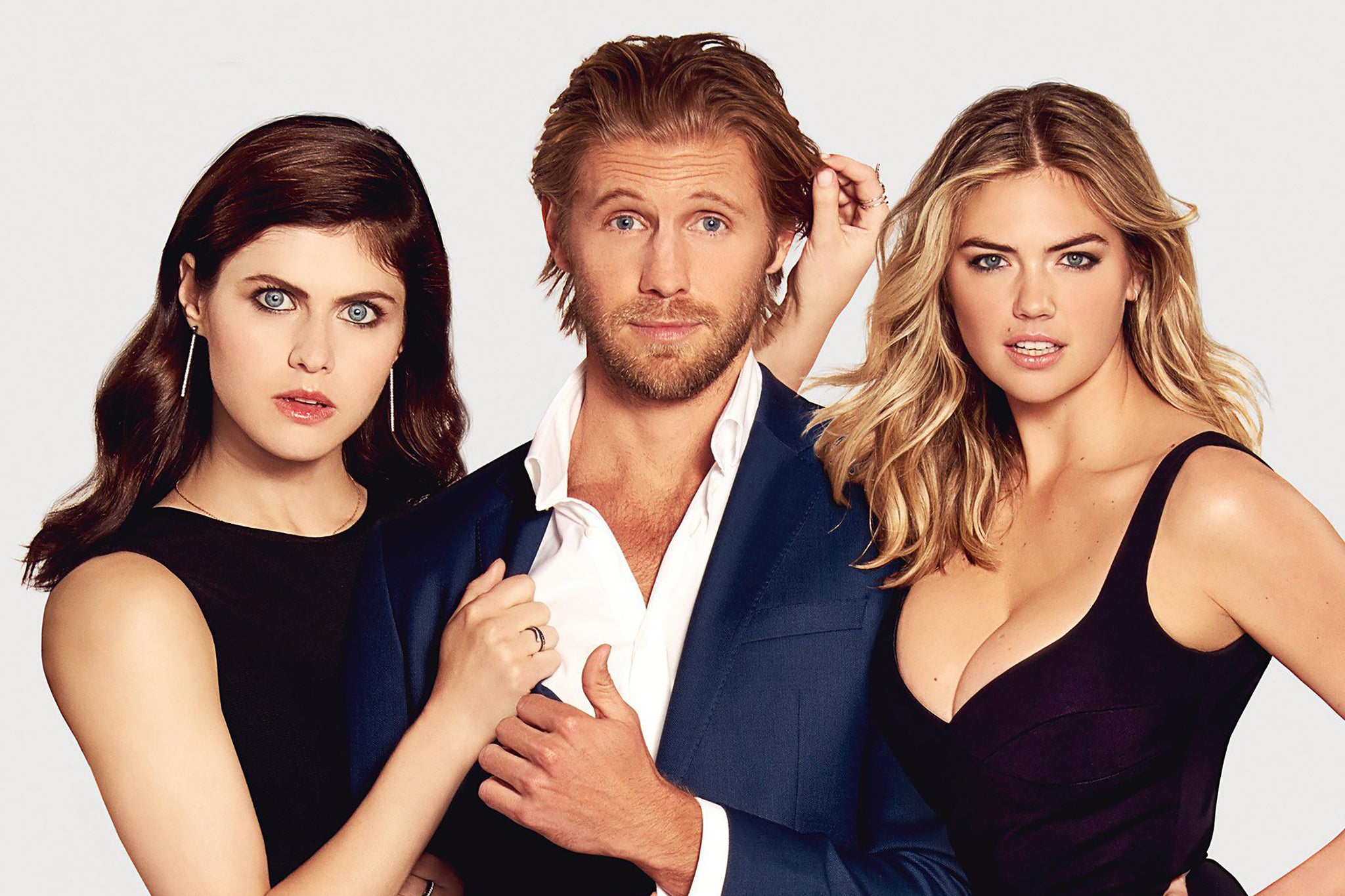
This road trip sex comedy – lightweight, vulgar, universally panned froth – still seems like a mind-boggling choice for William H Macy, a hugely popular character actor from quirky, indie-spirited cinema. Alexandra Daddario and Kate Upton play lifelong friends who go to war over Matt Barr’s hunky fireman. They meet him during a trip to Florida that’s blighted by bad weather, car crashes, and competitive flirting that turns nasty. Think Planes, Trains and Automobiles but sexier – and absolutely terrible, as the squabbling women threaten to set feminism back several decades over a torturous 88 minutes. A scene in which Daddario slides around in excrement – literal toilet humour – is just too on the nose.
Fool’s Paradise (2023), directed by Charlie Day
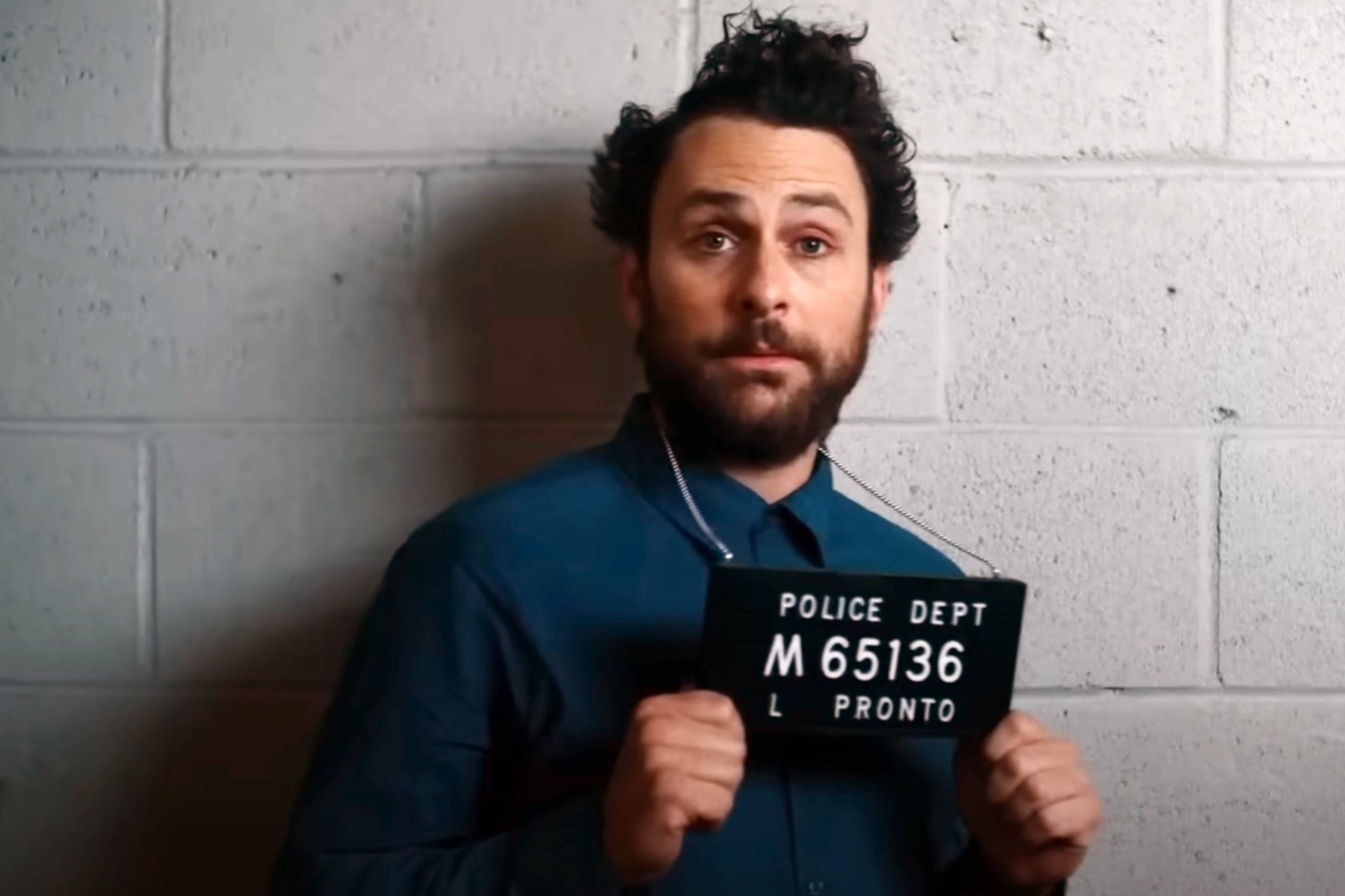
Written and directed by Charlie Day, this comedy was a massive disappointment for fans of his TV series, It’s Always Sunny in Philadelphia. Day – marking his writing-directing debut – lined up an impressive cast that included Ray Liotta, Jason Sudeikis, Adrien Brody, Kate Beckinsale, Edie Falco, Jason Bateman, and John Malkovich. But it amounts to little more than weak, well-trodden satire on the movie biz, with Ken Jeong playing a publicist who turns Day’s mute, mentally impaired hobo into a Hollywood star. Day neuters his own jittery, screechy appeal while the satire is generic – and a little smug – and lacks any much-needed bite.
Poolman (2023), directed by Chris Pine
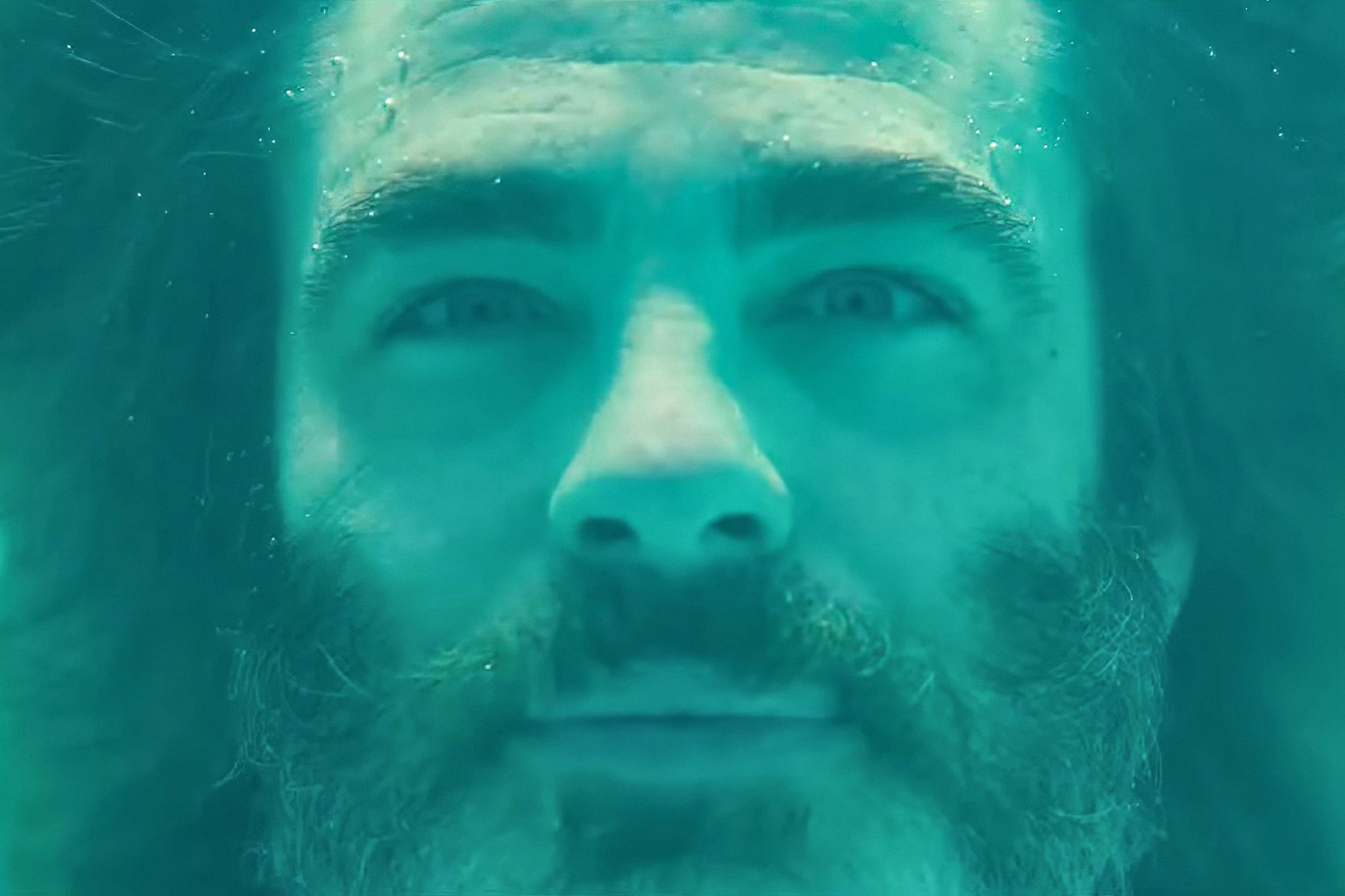
Chris Pine’s directorial debut is proof that it takes more than quirk and loquaciousness to make a Coen brothers film. That’s effectively what this film is: a reworking of Chinatown with Big Lebowski aspirations. Pine (who directed and co-wrote) plays a well-meaning, laid-back pool cleaner who gets roped into investigating a corrupt Los Angeles councillor. Like Pine’s slacker character, the film bumbles along not knowing where it’s going or what it’s doing, and prattles on with very little point – other than to scream “vanity project”. Poolman had walkouts when it screened at the Toronto International Film Festival and was soon drowning in negative reviews.
Before We Go (2014), directed by Chris Evans
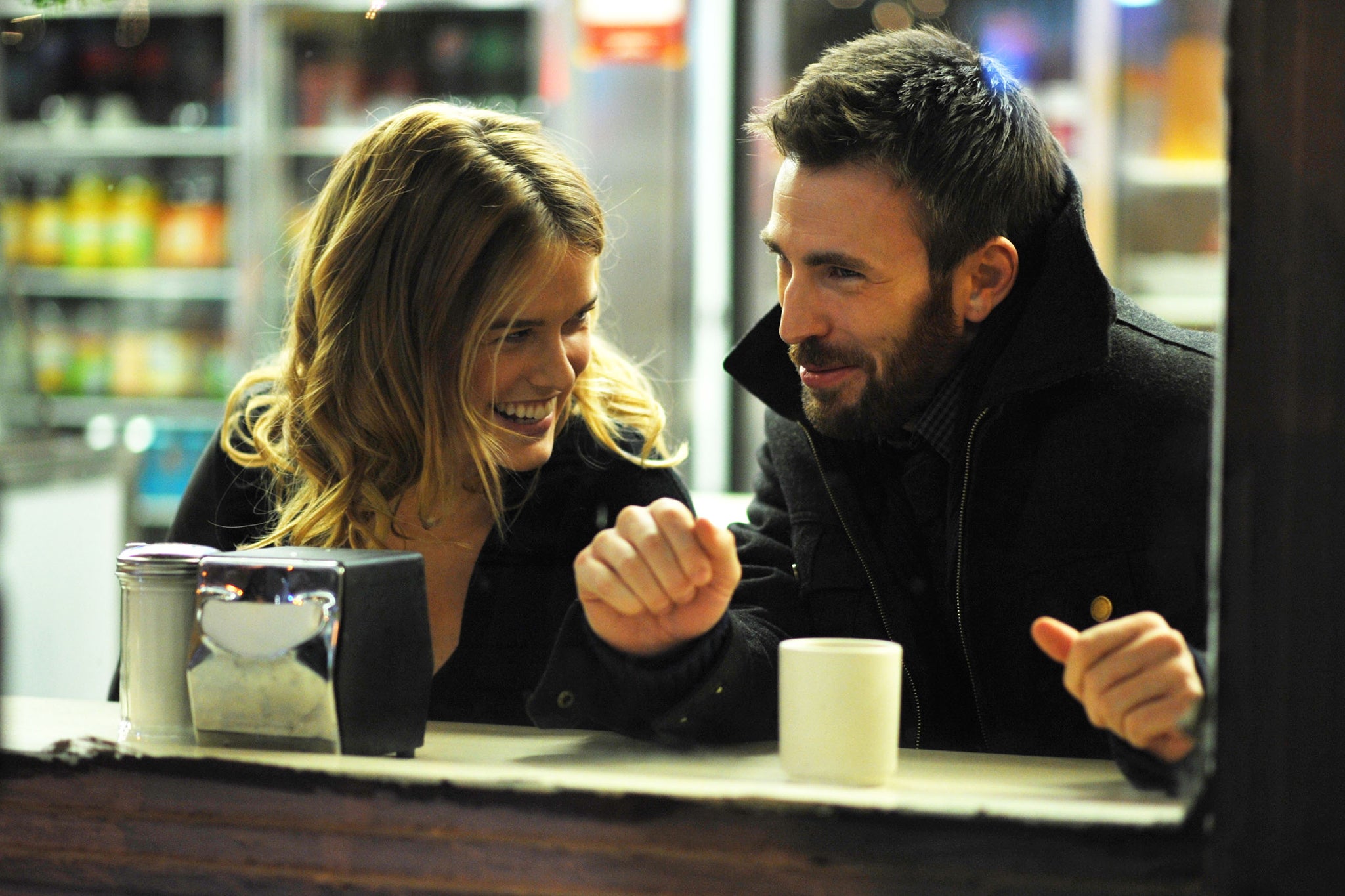
Another contender for Hollywood’s best actor named Chris (or Hollywood’s best actor-turned-worst-director named Chris), the Knives Out star tried his hand behind the camera a decade earlier. But it’s airy fluff that’s far too familiar and earnest to be remotely interesting. Evans and Alice Eve play a pair of wounded singletons who meet cute and spend the night working through their relationship issues, exchanging self-help sentiments, and mending each other’s broken hearts. It’s painfully twee – the kind of script that a lovelorn teenager might bash out and mistake for deep and meaningful. Even Captain America himself couldn’t save this one from being panned.
Charlie’s Angels (2019), directed by Elizabeth Banks
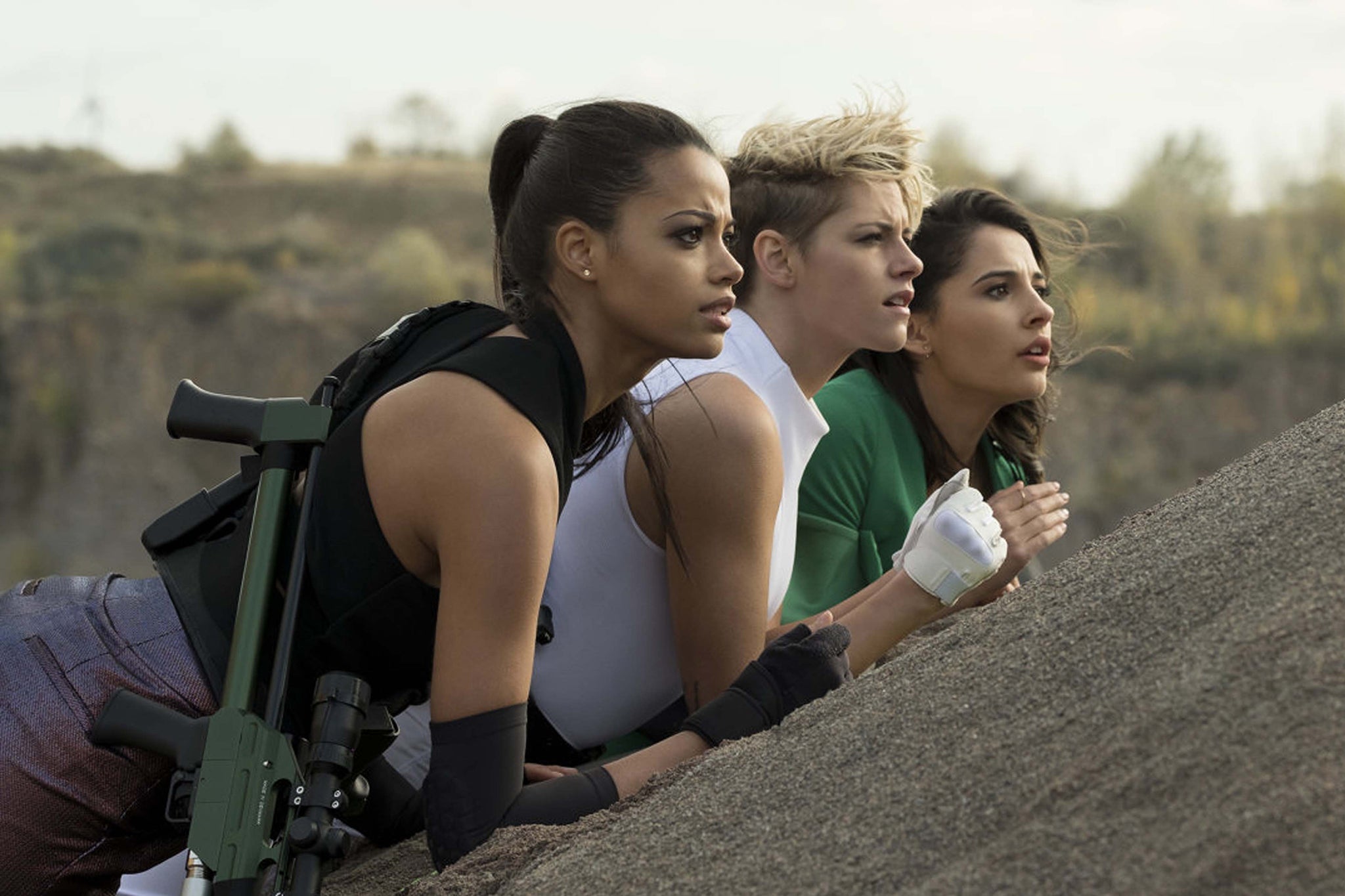
Comedy favourite Elizabeth Banks would direct the roar-somely fun Cocaine Bear the following year, but her Charlie’s Angels barely registered upon release and proved a box office disappointment. Written and directed by Banks, it has that whiff of relentless IP-mining that long replaced any semblance of originality in Hollywood. In trying to update the franchise, it loses the spirit of previous versions. And even with Kristen Stewart as one third of a new trio of Angels – alongside Naomi Scott and Ella Balinska – it has none of that of-the-moment star power that helped make the 2000s movies, starring Cameron Diaz, Drew Barrymore and Lucy Liu, work.
Romance & Cigarettes (2005), directed by John Turturro
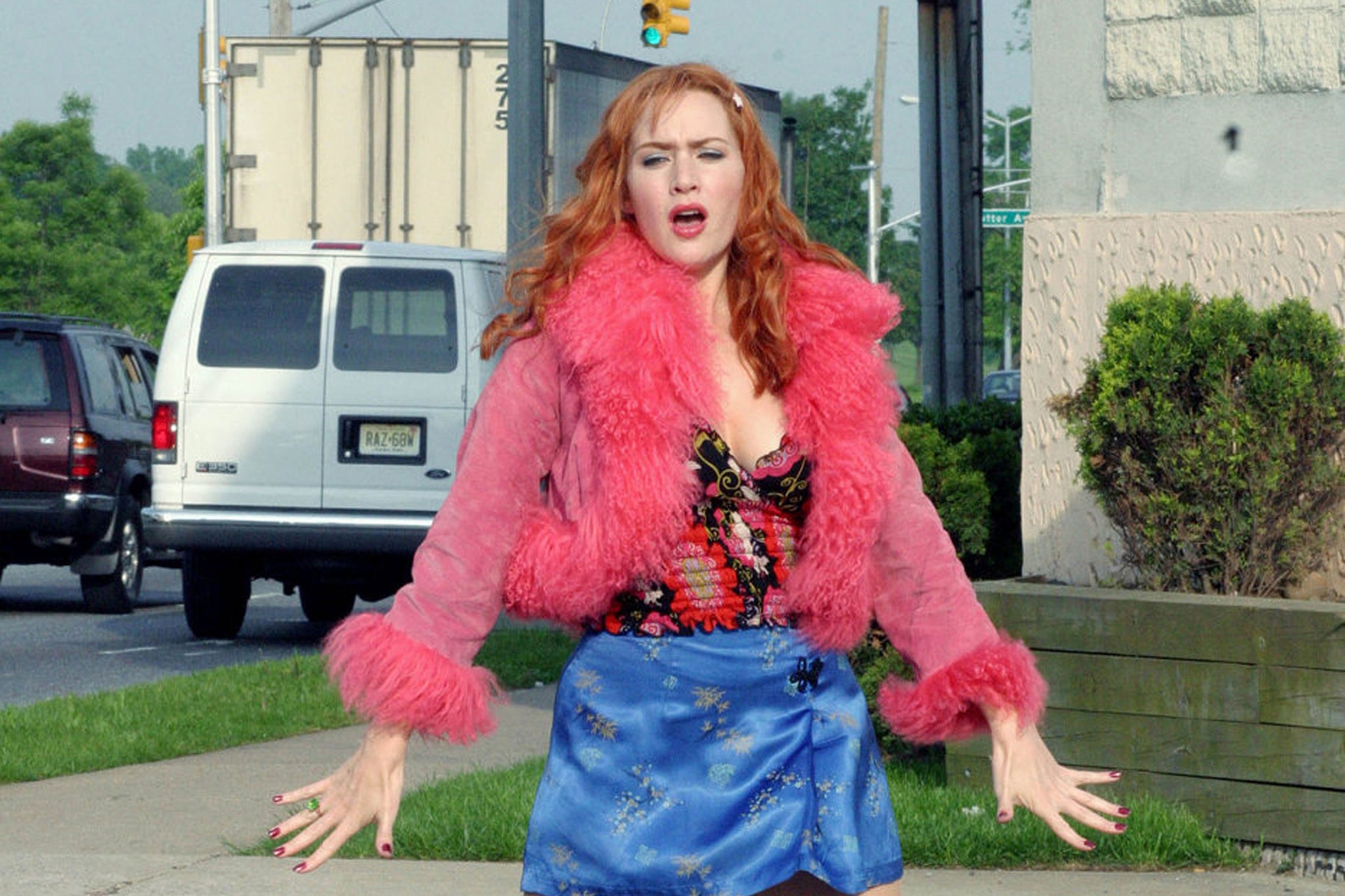
The much-respected John Turturro – an arthouse favourite and Coen brothers’ stablemate – began writing this passion project musical while he sat behind the typewriter in Barton Fink. It took 15 years to reach the screen, with Susan Sarandon playing a scorned wife who discovers her husband (James Gandolfini) is having an affair. All the components are there – including co-stars Kate Winslet, Steve Buscemi, and Christopher Walken – but the drama, clunky lines, and oddball musical numbers (our actors mime to popular songs) are all out of sync. Turturro directed another stinker 14 years later with his surplus-to-requirements Big Lebowski spin-off, The Jesus Rolls.
House of D (2004), directed by David Duchovny
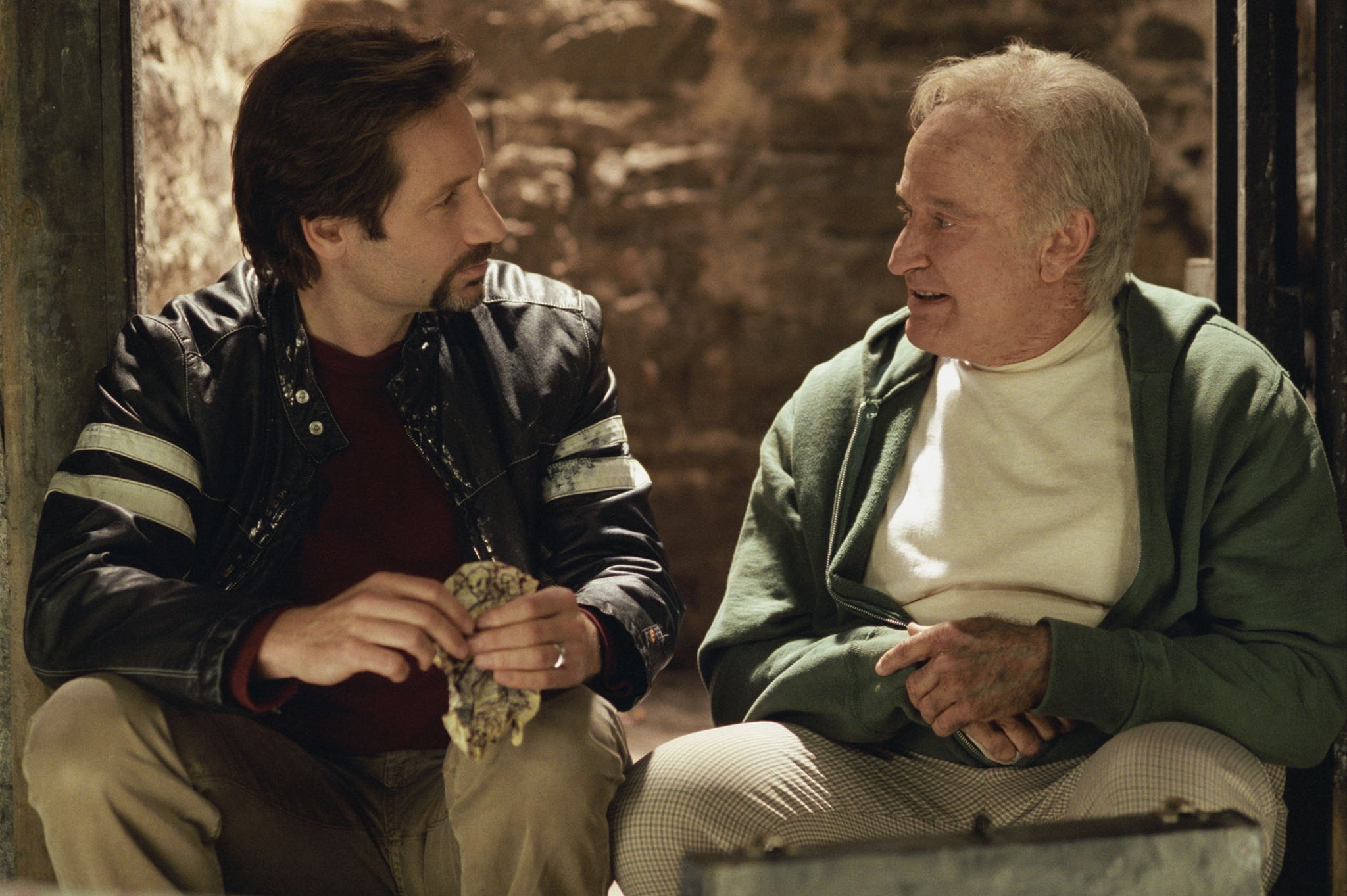
A decade after becoming one half of The X-Files’ Mulder and Scully – the premier pop culture power couple of the Nineties – David Duchovny wrote and directed this downbeat coming-of-age tale. Duchovny plays an artist (as signalled by a horrendous goatee) who flashbacks to his childhood in 1970s New York, with Anton Yelchin playing his younger self. He hangs around with a middle-aged man with learning difficulties, played uncomfortably by Robin Williams. This was also the point when Williams’s career felt swamped by this kind of cloying sentimentality. Achingly nostalgic, it tries to hit all the emotions but fails to elicit a single one.
The Beaver (2011), directed by Jodie Foster
Jodie Foster has done solid work as a director elsewhere – see her directing debut, Little Man Tate – but this Mel Gibson-starring comedy-drama is just plain weird. It has good intentions, at least. Gibson plays a depressive father who wears a beaver puppet on his hand that he uses to communicate with his family – the manifestation of his mental health struggles. But, overall, Foster’s film feels like too much of a family comedy to get into the darker stuff, while it’s too grim to be funny. The film, which also co-starred a young Jennifer Lawrence, was bogged down by Gibson’s domestic battery controversy upon release and predictably flopped.
The Passion of the Christ (2004), directed by Mel Gibson
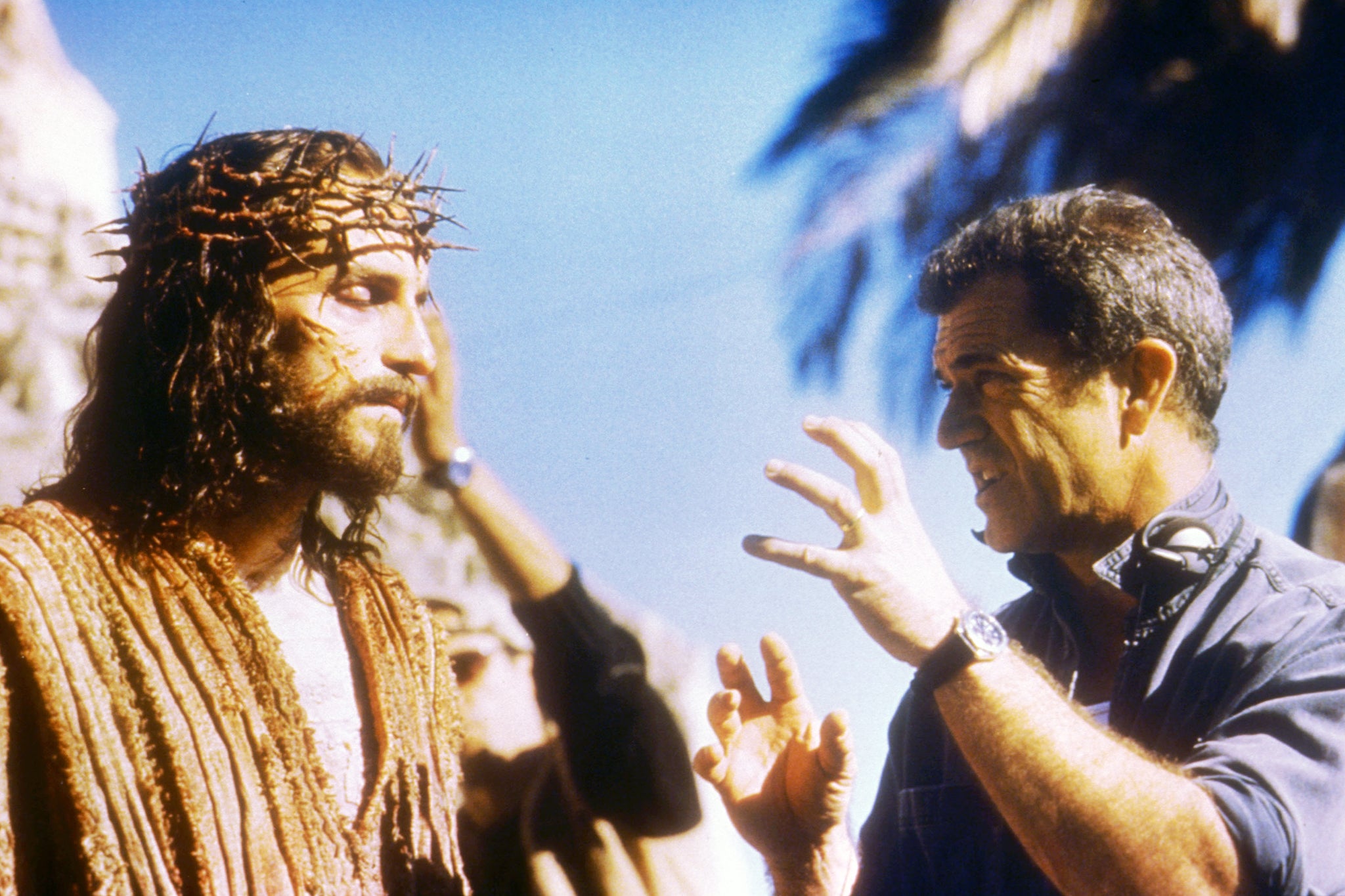
It’s Gibson again, but this time behind the camera. Gibson is capable of Oscar-worthy brilliance as a director – see Braveheart and Hacksaw Ridge. But his retelling of the crucifixion leans so far into Gibson’s personal life and various controversies – his Catholicism and accusations of antisemitism – that it’s impossible to divorce the film’s reputation from Gibson’s more problematic elements. Add to that the presence of QAnon endorser Jim Caviezel as Jesus Christ himself. But that’s background stuff. The film itself is – like the crucifixion it depicts – a harrowing, torturous slog that’s less of a movie, more of an ordeal to sit through.
The Postman (1997), directed by Kevin Costner
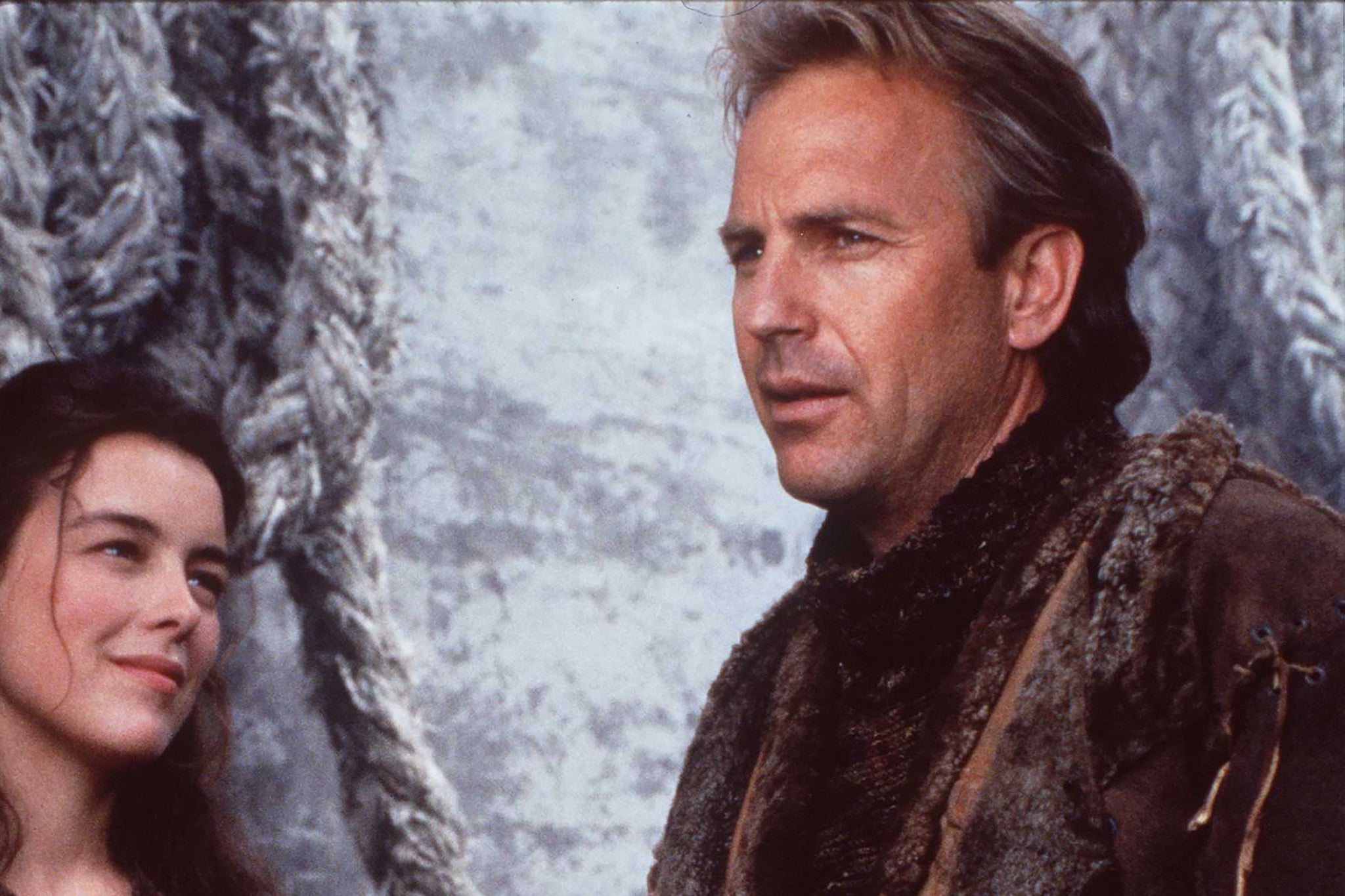
In the wake of the troubled Waterworld, this post-apocalyptic dud cemented Kevin Costner’s transition from Hollywood golden boy to the star whom critics loved to bash. After the collapse of civilisation, Costner’s lone hero traipses between settlements, pretending to be a postman from a reformed United States government. It’s long, corny, and brain-numbingly dull. Not to mention an exercise in staggering self-worship, with Costner casting himself as “the greatest man who ever lived” – a laughable ego trip. The script ballooned, and the production became unwieldy under Costner’s direction, cementing it as a turkey even before its release. When it was eventually delivered to cinemas, it promptly bombed at the box office.
The Lost City (2005), directed by Andy Garcia
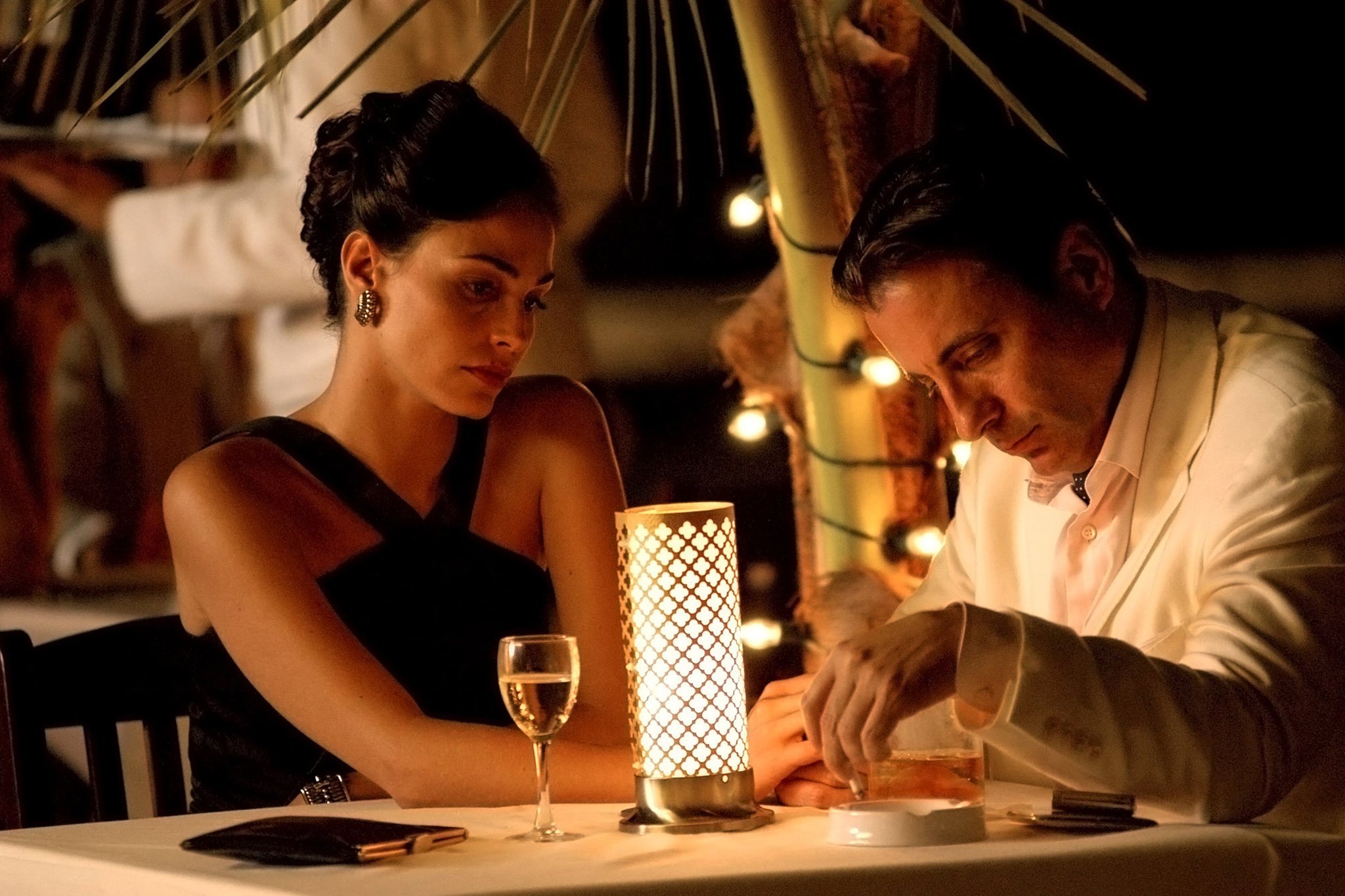
Andy Garcia produces, directs, and stars in this story of the Cuban revolution, as told from the perspective of Garcia’s fancy nightclub owner. The Cuban-born Garcia is obviously close to the story but never gets a handle on the material. What feels like an attempt at a Godfather-esque drama is an earnestly dull schlep – even with support from Dustin Hoffman and Bill Murray. Like so many other actor-turned-director passion projects, The Lost City has the distinct feel of being made for the pleasure of one person and one person only: the man sat in the director’s chair.
Fans divided as Eddie Murphy steps into beloved role in latest Pink Panther remake
Eddie Murphy jokes that he and Martin Lawrence will have ‘serious’ grandchildren
Lindsay Lohan deserved a better career – and she’s always known it
13 films that made audiences faint and be sick: ‘I couldn’t take it anymore’







